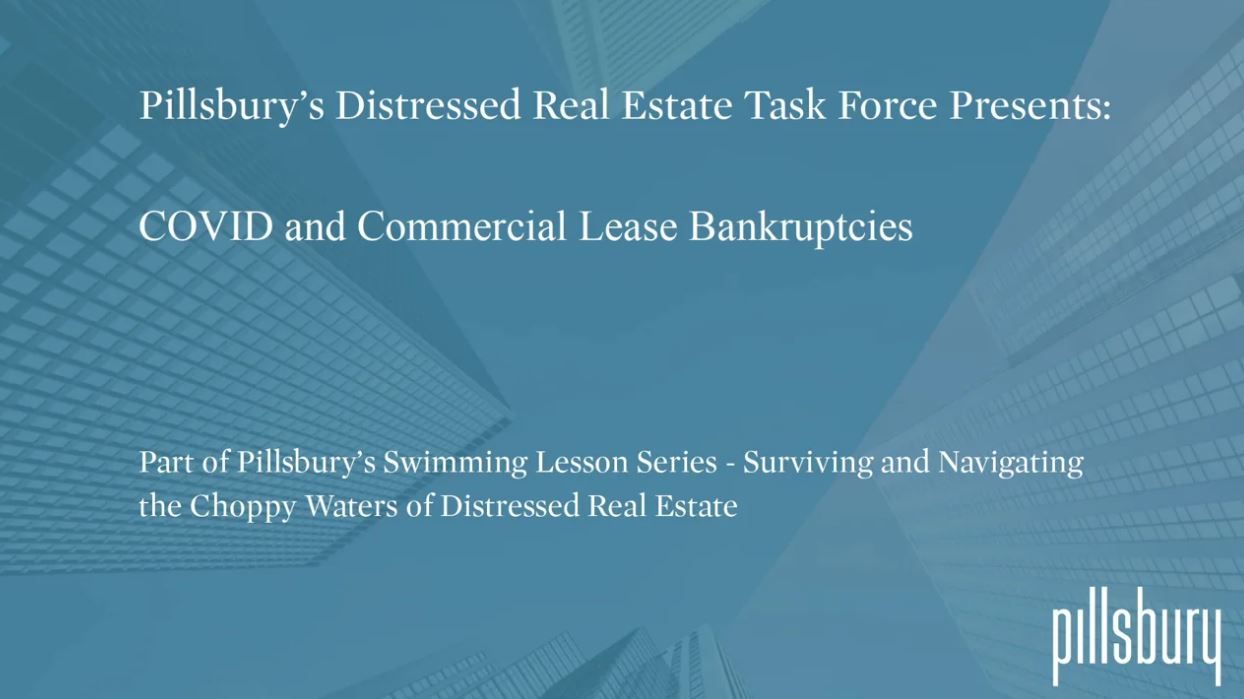The Real Estate and Construction industry may be huge, but ultimately, as with all industries, it comes down to the people who help make it all come together. From time to time, we like to profile some of those people.
 Ryley Poblete is a Senior Designer with global design and architecture firm Gensler, having spent the better part of the last decade working in the company’s Sciences Practice developing a portfolio of work centered around life sciences. An avid runner, urbanist, photographer, artist and policy enthusiast, Ryley can be found, in his spare time, “reading the newest Economist or digging into a project’s context to really define a new piece of architecture in the cities” in which he works. Asked how he’d describe his job to a layperson, Ryley adds, “I work with developers and biotech clients in planning and structuring developments to best suit their situation.”
Ryley Poblete is a Senior Designer with global design and architecture firm Gensler, having spent the better part of the last decade working in the company’s Sciences Practice developing a portfolio of work centered around life sciences. An avid runner, urbanist, photographer, artist and policy enthusiast, Ryley can be found, in his spare time, “reading the newest Economist or digging into a project’s context to really define a new piece of architecture in the cities” in which he works. Asked how he’d describe his job to a layperson, Ryley adds, “I work with developers and biotech clients in planning and structuring developments to best suit their situation.”
 Gravel2Gavel Construction & Real Estate Law Blog
Gravel2Gavel Construction & Real Estate Law Blog





